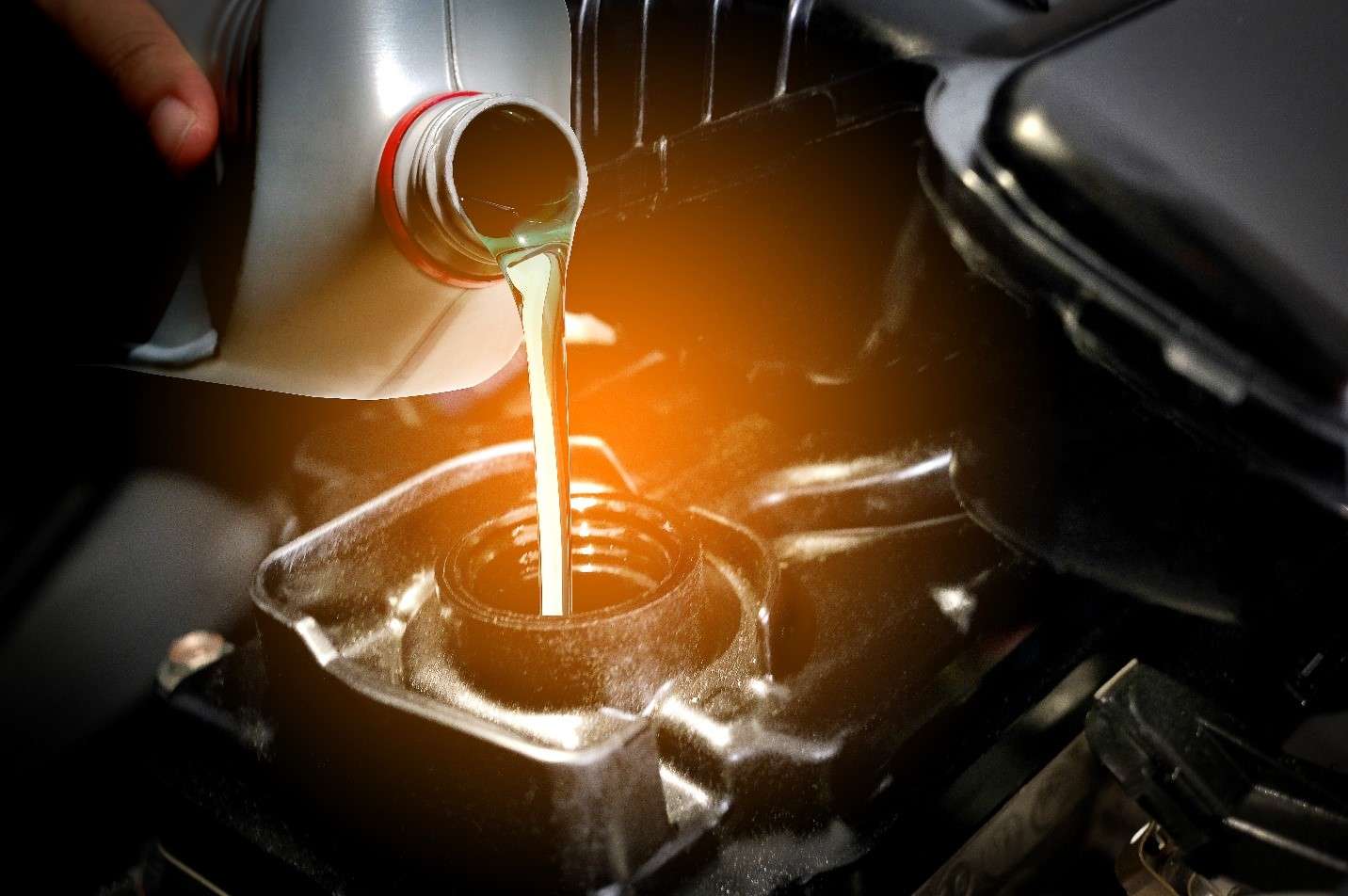Just How an Oil Adjustment Improves Gas Efficiency and Protects Your Automobile
Normal oil adjustments are a vital facet of vehicle maintenance that can significantly boost fuel effectiveness and safeguard engine stability. By changing old, contaminated oil with high-grade choices, friction among engine parts is minimized, bring about enhanced functional effectiveness and fuel usage. This method aids remove hazardous down payments that add to engine wear over time. Understanding the elaborate partnership in between oil quality and vehicle efficiency reveals not only the immediate advantages yet additionally the long-term ramifications for your cars and truck's life-span. The concern remains: what details signs should you be aware of to figure out when an oil adjustment is needed?
Importance of Normal Oil Changes
Engine oil serves as an important lubricating substance, lowering rubbing between relocating components and protecting against extreme wear. Neglecting oil modifications can lead to a host of issues, consisting of engine overheating, reduced gas effectiveness, and ultimately, pricey fixings.
In addition, routine oil adjustments add to optimum engine efficiency. Fresh oil makes sure that the engine runs efficiently, permitting much better acceleration and responsiveness. This is specifically vital for lorries that undergo hefty use or operate in difficult problems. Additionally, many suppliers suggest details periods for oil adjustments, which need to be stuck to in order to keep service warranty coverage and prevent prospective voiding.
How Oil Top Quality Influences Performance
Exactly how does oil high quality effect the general efficiency of an engine? The quality of engine oil plays an essential role in keeping optimum engine feature.
Furthermore, high quality oil has additives that enhance its performance under differing conditions. These ingredients can include cleaning agents, which assist to clean engine parts and protect against sludge accumulation, and anti-wear agents, which safeguard critical surfaces throughout high-stress scenarios. The viscosity of the oil is additionally essential; it needs to remain steady throughout a series of temperature levels to guarantee correct flow and lubrication.
Utilizing poor or abject oil can cause reduced performance, resulting in enhanced engine wear and prospective overheating. This can eventually reduce the lifespan of crucial parts, resulting in pricey fixings. Choosing high-grade oil is crucial for maintaining engine efficiency, long life, and integrity. Frequently inspecting and altering the oil according to manufacturer specifications makes sure that the engine runs at its best, safeguarding your investment in your vehicle.

Effect On Fuel Effectiveness
Fuel effectiveness is dramatically influenced by the quality of engine oil used in a vehicle. High-grade engine oil helps with smoother engine procedure by lowering rubbing in between relocating parts. This decrease in rubbing is critical, as it allows the engine to operate more successfully, inevitably bring about boosted fuel usage. When the engine oil is fresh and of exceptional top quality, it keeps ideal thickness, ensuring that the oil streams effectively and reaches all needed parts.
Conversely, weakened or low-quality oil can develop boosted rubbing and resistance within the engine. This not only interferes with efficiency yet likewise forces the engine to work harder, causing higher fuel usage. Normal oil modifications help keep the oil's honesty, making sure that it stays effective in lubricating engine parts and protecting against buildup of hazardous down payments.

Stopping Engine Put On and Tear
Maintaining optimal engine efficiency is largely depending on protecting against deterioration, which can significantly expand the lifespan of the automobile. Regular oil adjustments play a vital role in this preventive maintenance strategy. Engine oil functions as a lubricating substance, minimizing rubbing between moving components, which assists imp source to mitigate wear. Over time, oil can come to be infected with dirt, debris, and steel bits, reducing its performance.
When oil is not changed on a regular basis, it can lead to increased rubbing, overheating, and inevitably, engine failure. Fresh oil, on the various other hand, contains ingredients that shield engine elements from deterioration and wear, guaranteeing smoother operation.
In addition to the top quality of oil, following the maker's recommended oil modification periods is essential. By prioritizing regular oil changes, car owners can considerably lower the danger of engine wear, improve performance, and eventually conserve on costly fixings, therefore protecting the vehicle's worth over time.
Indications Your Oil Needs Changing
Normal oil modifications are not only essential for preventing engine wear but also for acknowledging when your oil needs replacement. A number of indicators indicate that it may be time for an oil change, and being alert regarding these can aid keep your vehicle's performance.

One of one of the most typical indicators is the oil adjustment light on your control panel. Oil Change Lockhart. If this light illuminates, it is a punctual to inspect your oil degrees and consider an adjustment. Additionally, if you see a dark, sandy structure when checking the oil on the dipstick, it suggests that the oil has become infected and is much less effective in lubricating the engine elements
Uncommon engine sounds, such as knocking or ticking, may also signify that the oil is falling short to do its tasks, possibly leading to serious engine damages. Lastly, if you spot a burning oil odor or see oil places under your lorry, these could suggest leakages or excessive usage, demanding an instant oil adjustment.

Conclusion
The use of premium, fresh oil decreases friction amongst engine elements, reducing power loss and promoting smoother operation. Timely oil modifications prevent the build-up of dangerous impurities that add to engine wear and overheating.